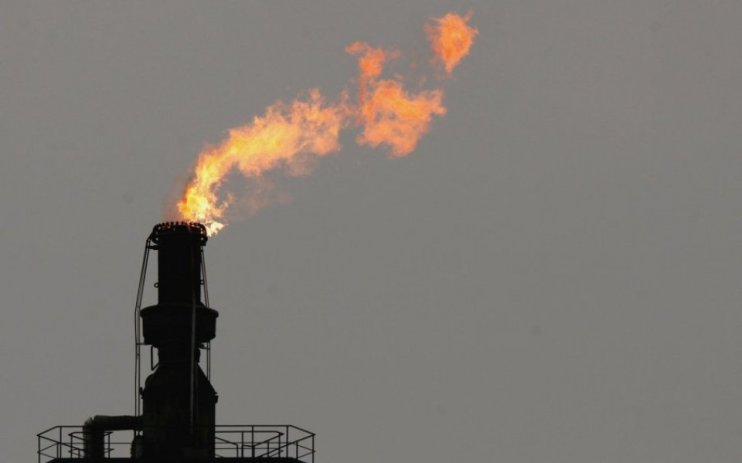Ukraine invasion ‘will definitely accelerate the EU’s progress towards net zero,’ says analyst

Russia’s invasion of Ukraine has put pressure on Europe’s energy grid, as it imposes sanctions on its largest oil and gas supplier.
Europe is the largest home for Russian crude oil, with around 53 per cent of it ending up on the continent, according to the latest research by ING’s head of commodities strategy Warren Patterson yesterday.
“Russia’s invasion of Ukraine will definitely accelerate the EU’s progress towards net zero emissions and highlights the strategic importance of alternative energy sources such as wind and solar to meet both short-term and long-term needs of the European grid,” GlobalData practice head Pavan Vyakaranam told City A.M.
“The Ukraine crisis once again proved the vulnerability and dependence of the EU on Russian gas to meet its energy needs. The current crisis not only underlines the need for energy diversification but also energy security of the EU.”
It echoes the sentiment of Schroders boss Peter Harrison, who said today: “There is no way that Europeans will remain dependent on Russian gas — this doesn’t feel like a comfortable place to be.
“There is only one alternative, which is the rapid build out of renewable power.”
It follows Schroders, one of the largest asset managers in the UK – which hit £730bn in assets under management last year – making its own pivot towards renewable energy.
With oil prices topping $100 a barrel amid the uncertainty over fuel supplies, the situation “emphasises an immediate need to look for energy alternatives” to cut Europe’s reliance on Russia, Vyakaranam added.
“The EU will be immediately looking to increase gas supplies for its grid from other countries and regions such as the US, and Middle East Africa; may switch to coal for the short term; promote energy efficiency; and will accelerate investments in clean sources such as renewables, nuclear, and hydrogen.”